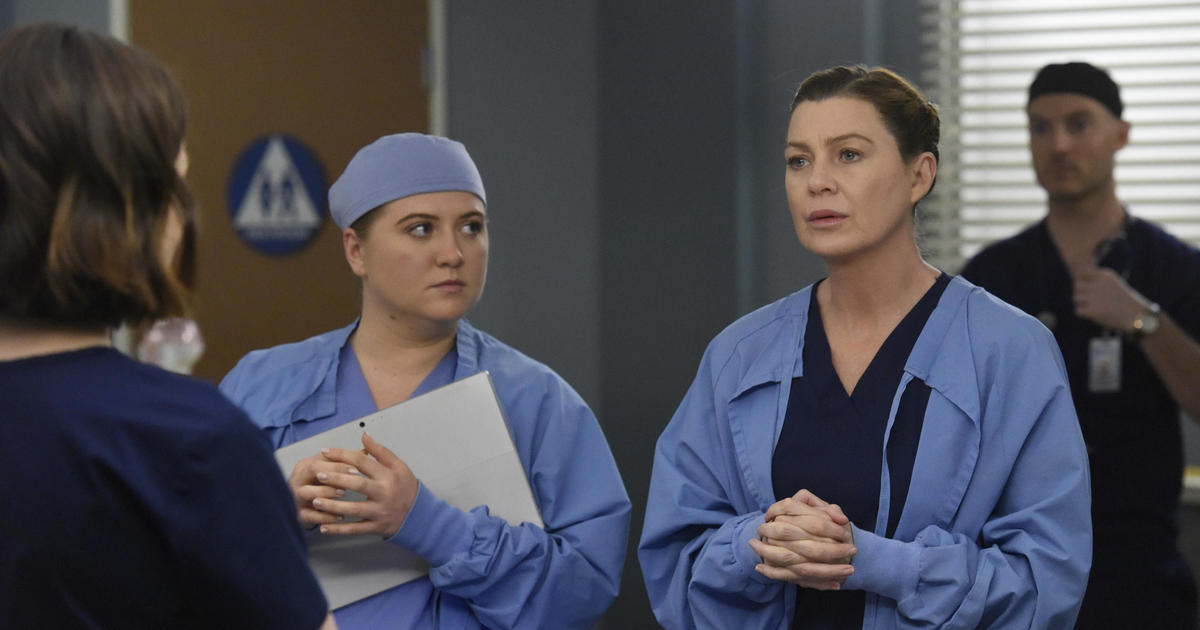
In recent seasons, “Grey’s Anatomy” has addressed timely social issues such as racism, homelessness, rape, and the deportation of DACA beneficiaries. Now, the program plans to address the coronavirus pandemic and its impact on first responders, an executive producer announced Tuesday.
“There is no way to be a long-running medical program and not tell the medical story of our lives,” executive producer Krista Vernoff said during the “Quaranstreaming: Comfort TV That Keep Us Going” Television Academy panel, published on Tuesday. “We are going to tackle this pandemic safely.”
He also said that the writers for the program are working with real doctors to learn about the impact COVID-19 has had on health care.
“Every year, doctors come in and tell us their stories, and they usually tell us the worst, the funniest, or the craziest, and this year has felt more like therapy,” said Vernoff. “The doctors come in and we are the first people they are talking to about these kinds of experiences they are having. They are literally shaking and trying not to cry, they are pale and they talk about it as war, a war they were not trained for” .
Vernoff said this is a story they are talking about specifically for the character of Dr. Owen Hunt, a former trauma surgeon in the United States Army, played by Kevin McKidd, who was also on the panel. Chandra Wilson, who plays Dr. Miranda Bailey, also sat on the panel.
“It is really important to reflect on what is happening in our society right now in our program,” McKidd said during the panel. “It really does mirror sometimes what is happening in the United States and in the world.”
Filming for next season has not started due to the pandemic, but Vernoff said the team is having conversations about “keeping humor and romance alive as we tell these really painful stories.”
“It is really painful to realize what [doctors are] happening daily. While we are sitting at home trying not to get sick, they have to be family and friends of their patients because family and friends are not allowed in. They are holding people while they die. They have to decide who lives and who dies, “said Vernoff.” … It is a lot and I feel that our program has the opportunity and the responsibility to tell some of those stories. ”
.